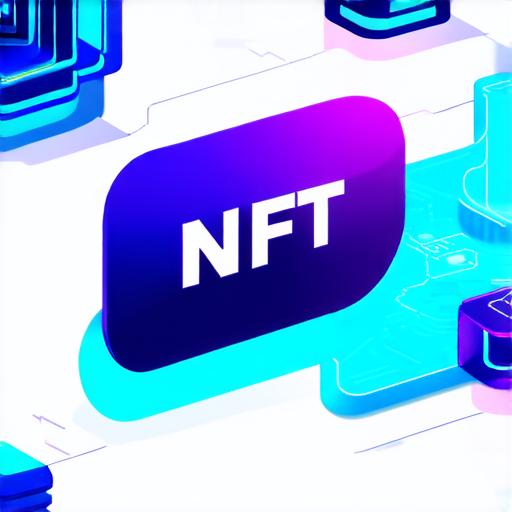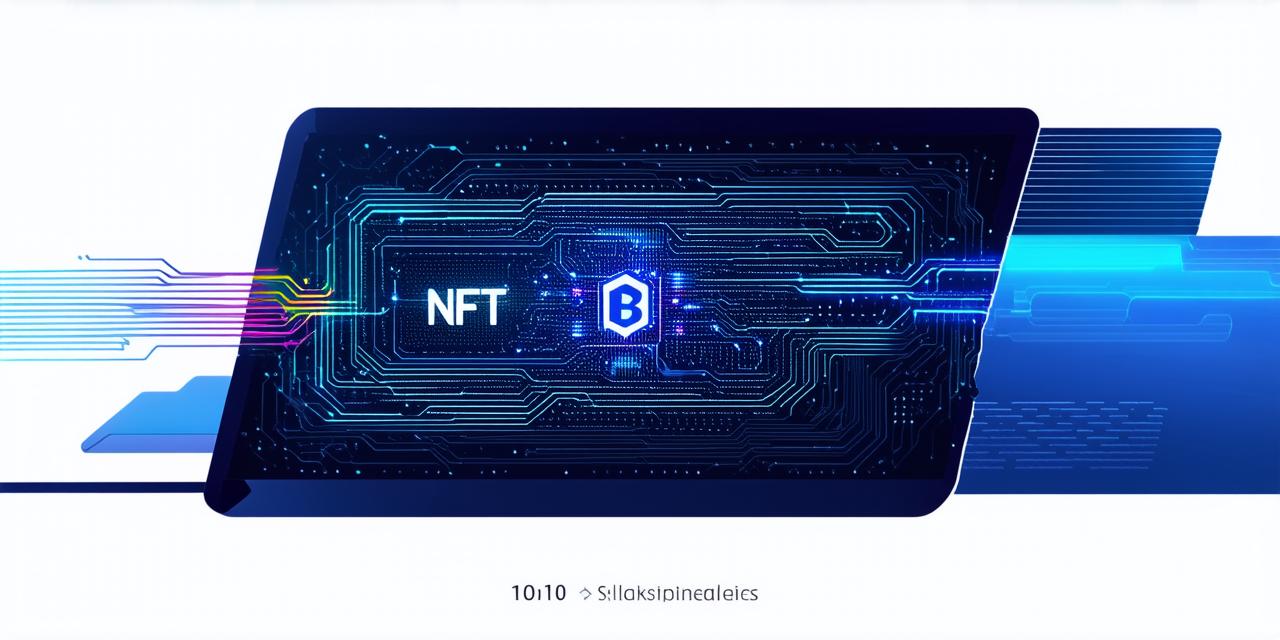What Are NFTs?
NFTs are digital assets that are stored on blockchain technology. They are unique and cannot be replaced with another asset, making them highly valuable. NFTs can represent anything from art to collectibles, such as digital artwork or collectible cards.
Is There a Ban on NFTs?
There is currently no ban on NFTs at the federal level in the United States. However, there are some concerns about the legality of NFTs, particularly with regards to copyright and ownership.

Copyright Issues
One of the main concerns about NFTs is that they may infringe on copyright laws. If an artist creates a digital artwork and sells it as an NFT, they may be violating the copyright laws of other artists who created similar works. This could lead to legal action against the artist or the buyer of the NFT.
Ownership Issues
Another concern about NFTs is that there may be issues with ownership. If an artist creates a digital artwork and sells it as an NFT, they may be transferring ownership of the work to the buyer. However, there may be questions about who actually owns the rights to the work if the artist continues to use it in other ways or if the work is used commercially without permission.
Regulation
There is currently no federal regulation governing NFTs, which means that they are subject to state and local laws. Some states have taken a more cautious approach to NFTs, particularly with regards to copyright and ownership issues. For example, California has been more aggressive in enforcing copyright laws related to NFTs.
Summary
While there is currently no ban on NFTs at the federal level in the United States, there are some concerns about their legality, particularly with regards to copyright and ownership. As with any investment, it is important to carefully consider these issues before investing in NFTs. If you are considering buying an NFT, it is a good idea to consult with a lawyer or other legal expert to ensure that you understand the risks and potential legal issues involved.
